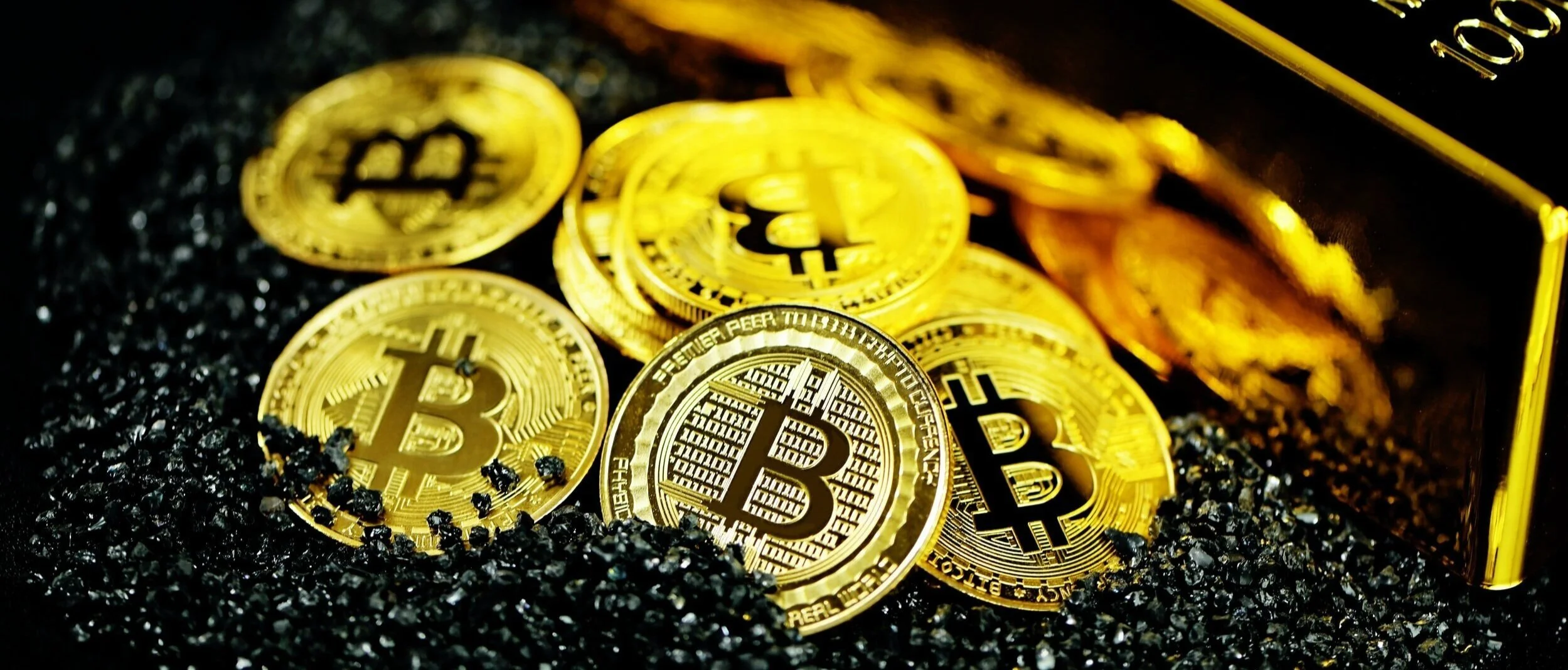Crypto
We buy, sell, hodl, and transact with all manner of Cryptocurrencies.
We’re not your average pen pushing accountants. We don’t just advise on how taxes affect your crytpo, we live & breathe it too.
What is Cryptocurrency
The word cryptocurrency is the combination of 2 words:
- Cryptography: Any of various mathematical techniques for encrypting and decrypting data in order to keep it private when transmitted or stored electronically.
- Currency: Money in any form when in actual use as a medium of exchange, especially circulating paper money.
Fundamentally Cryptocurrency is a form of electronic/digital money, secured using encryption techniques
What is Money?
“Money is just data that allows us to avoid the inconvenience of barter.
When you pay for something on a debit or credit card, even though the transaction gets debited from your account immediately, it is not credited to the bank account of the seller for 3 days. This is Latency.
When you pay for something in cash, lets say it’s worth $16.00 and you give the cashier a $20.00 note. They should give you $4.00 in change. If in doing so they give you 3 x $1.00 coins, when they were supposed to give you 4 x $1.00 coins. This is Error
How are they brought into existence?
Each crypto currency is different. Some are mined using a cryptographic process, in the case of Bitcoin and its Proof of Work method and some, as in the case of Ripple are all created at the beginning and held by a centralised body that releases them at certain intervals at their own discretion.
Mining at its most basic is the process of computationally completing the cryptographic transactions required to process transactions of cryptocurrencies. These transactions (pieces of data) are stored in a database/ledger called a Blockchain. The reason it is called a blockchain is that it is a list of all the transactions that have taken place, one after the other. Blocks of information linked together in a chain.
At the completion of each block being created on the blockchain the miner is rewarded by being given an allocation of new cryptocurrency.
Storage & Safekeeping?
Cryptocurrencies are kept in what are known as wallets, of which there are 2 types:
Hot Wallets are those connected to the internet, such as your holdings kept at an exchange, or in an app on your phone or laptop. They are less secure as they are connected to the internet and remain hackable at all times. That being said they are the most convenient to use as a transaction currency because of their ease of use and accessibility
- Metamask
- Phantom
- Zashi
Cold Wallets / Cold Storage are any means ok keeping your cryptocurrencies in a manner that is not connected to the internet. You can do this in the most basic form by writing down all the details on a piece of paper, or use one of the many USB key options available.
- Keystone
- Ledger
- Trezor



